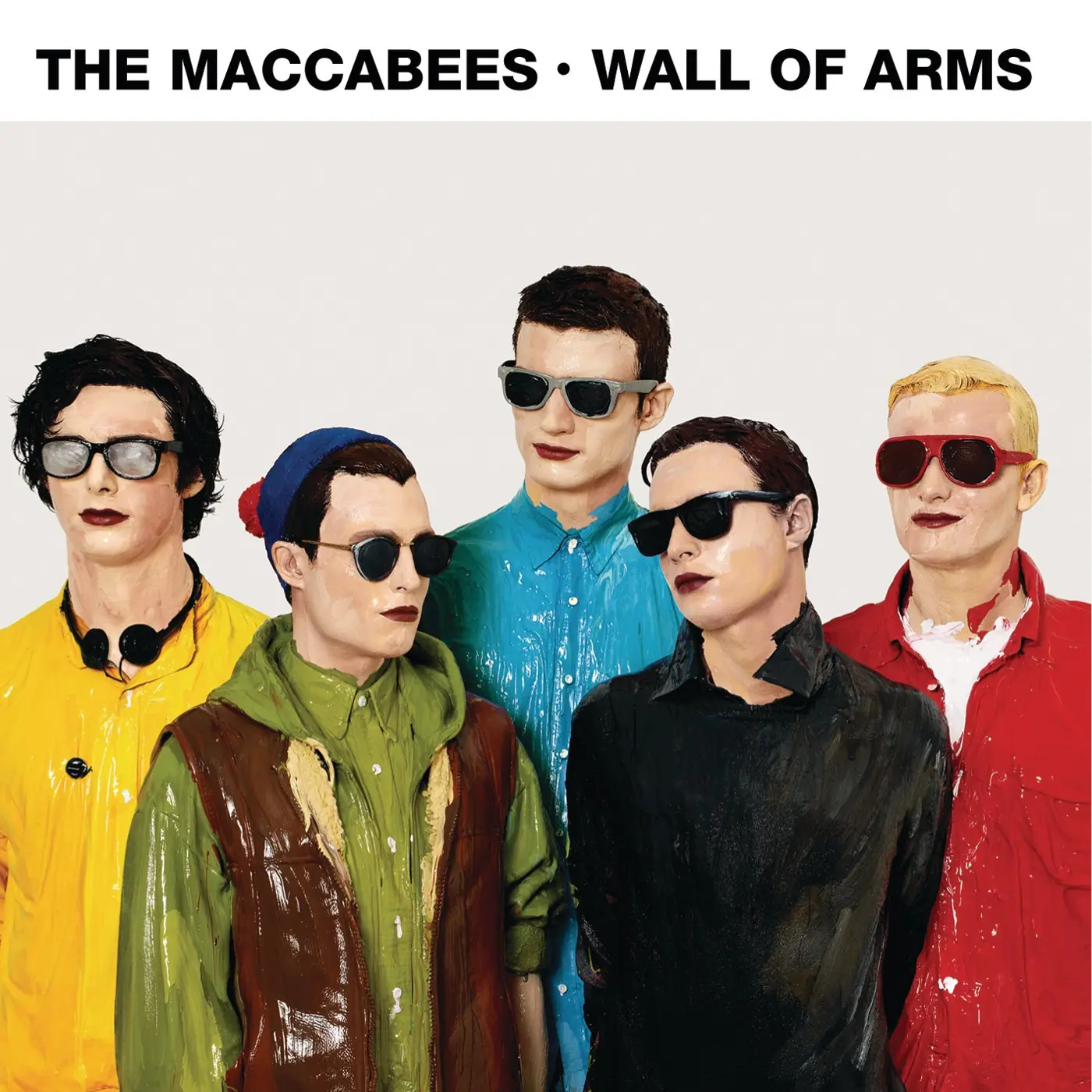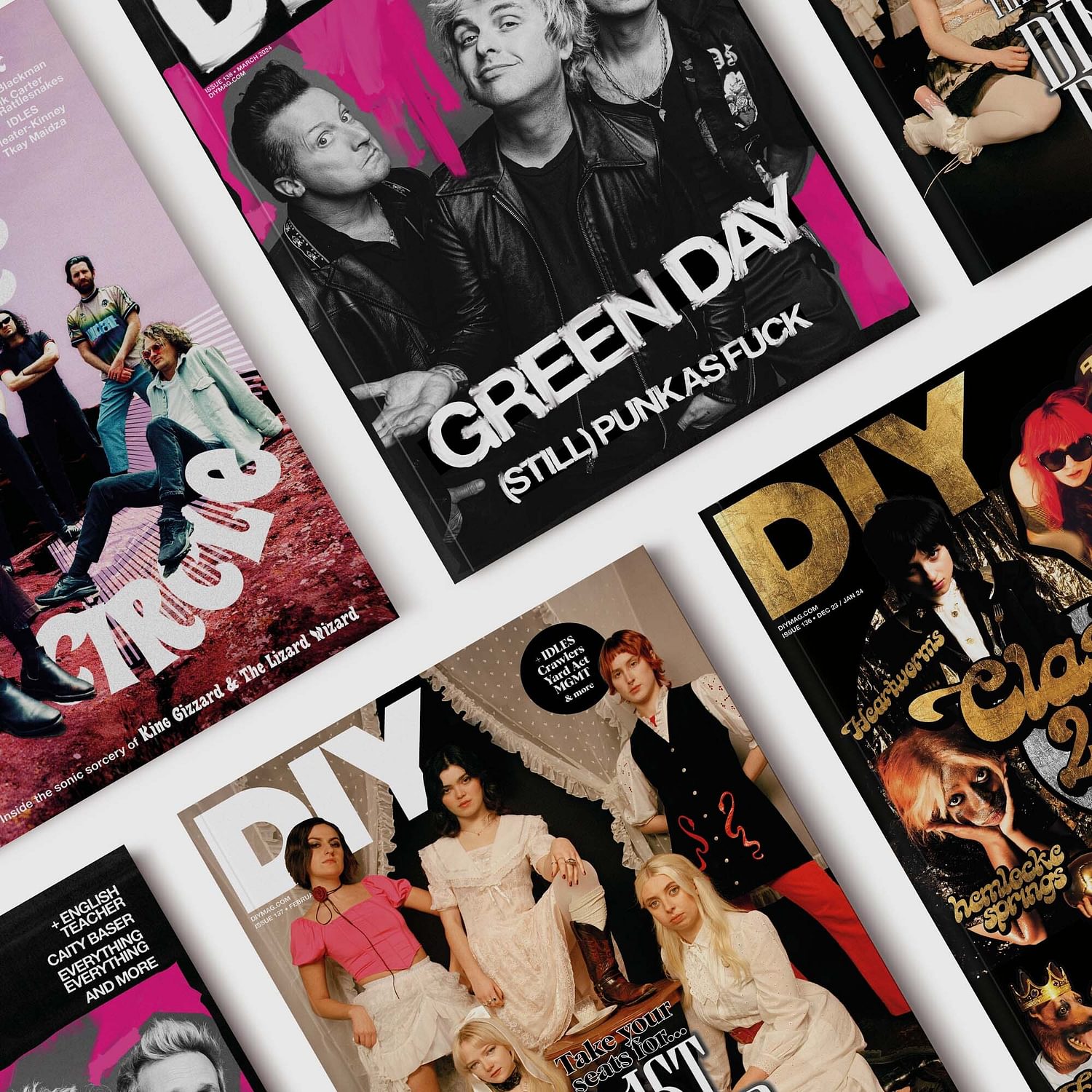
Cover Feature The Maccabees: “Elephant and Castle is not glamorous, but it knows what it is”
Elephant and Castle is undergoing a massive transformation; but beyond the ridiculously priced luxury one-bed flats, there’s still a charm that’s helped shape The Maccabees’ new record.
Following ‘Given To The Wild’ The Maccabees found themselves stranded in something of a creative swamp. Returning back from tour to their permanent base in Elephant and Castle, South London, they excitedly sat down to pick up where they left off, and ended up with musical butter fingers. The luscious, magical layers that made their third record so gorgeously hyperreal suddenly became, summates frontman Orlando Weeks, “cheap tricks”. The early stages of writing the follow-up didn’t sound like anything tangible; the music wasn’t saying anything. “For so long we were so lost with what the record was about,” says Orlando. “We didn’t want to churn out another record and not be sure why,” agrees guitarist Felix White. Ironically, the lack of restrictions The Maccabees had placed on themselves became their most limiting factor. By accident, they’d got themselves stuck in a Faraday Cage.
In the end, though, the band found ‘Marks To Prove It’ right outside their studio. Lairy, fruit-filled East Street market, and the roundabout’s hulking, tattered beast of a shopping centre - complete with a gaudy statue of an elephant and castle - pushed The Maccabees towards the concrete aesthetic of ‘Marks To Prove It’. It was - in a neat flick of coincidence - the Faraday memorial at the middle of The Elephant, that freed them from from the stalemate. Now it’s on the album cover.
“Felix said to me it was everything we were looking for,” says Orlando referring back to the roundabout’s studded memorial. “It’s been overlooked, and it is fantastic and wonderful, and right there on our doorstep. It was everything we would’ve tried to build, but for free. It made a good point that if you shine a light - excuse the pun - on something differently, you take it differently.”
“The myth is that it’s Aphex Twin’s studio,” grins Felix. “It’s not,” flatly interjects his brother Hugo.
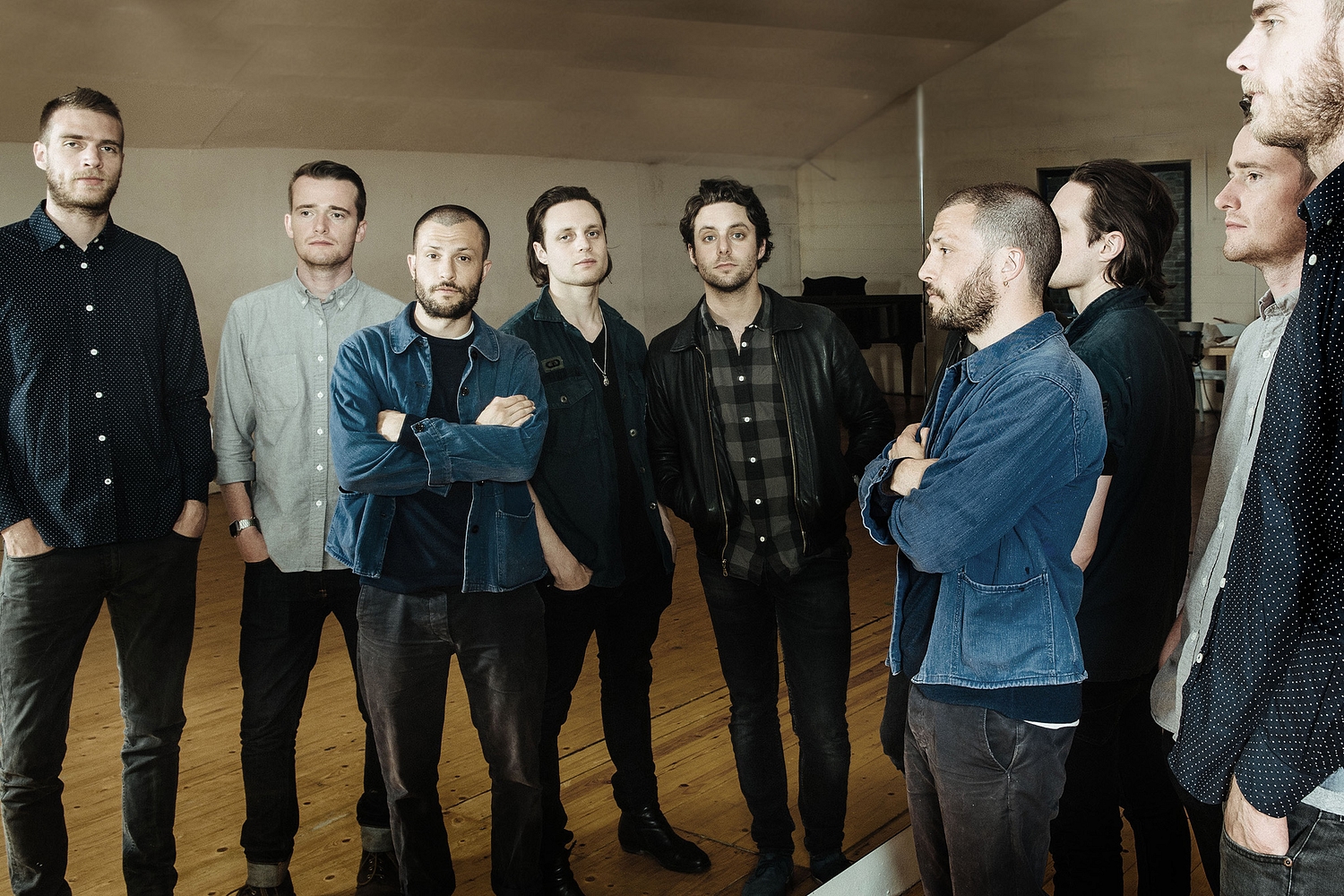
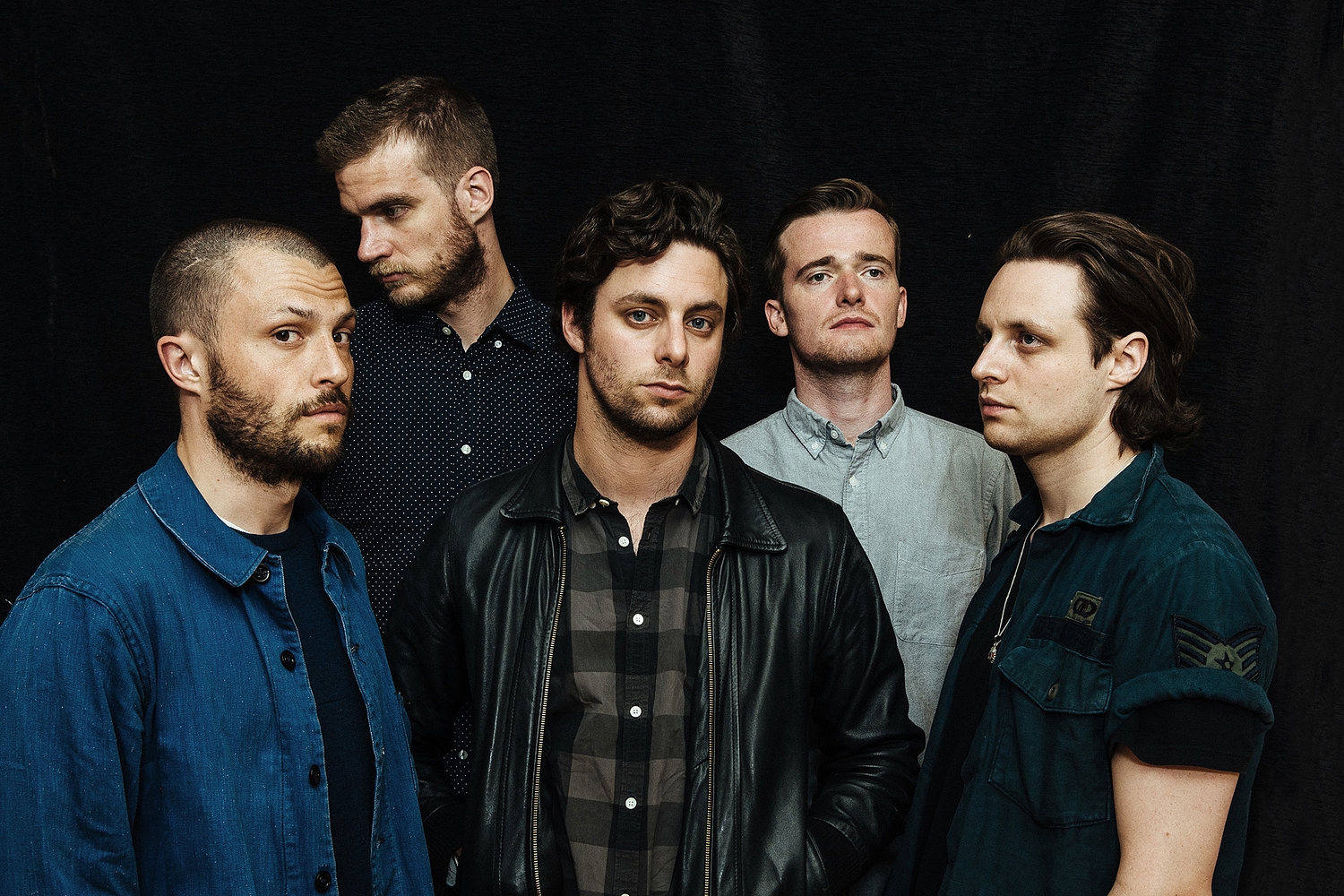
As featured in the August 2015 issue of DIY, out now.
Read More
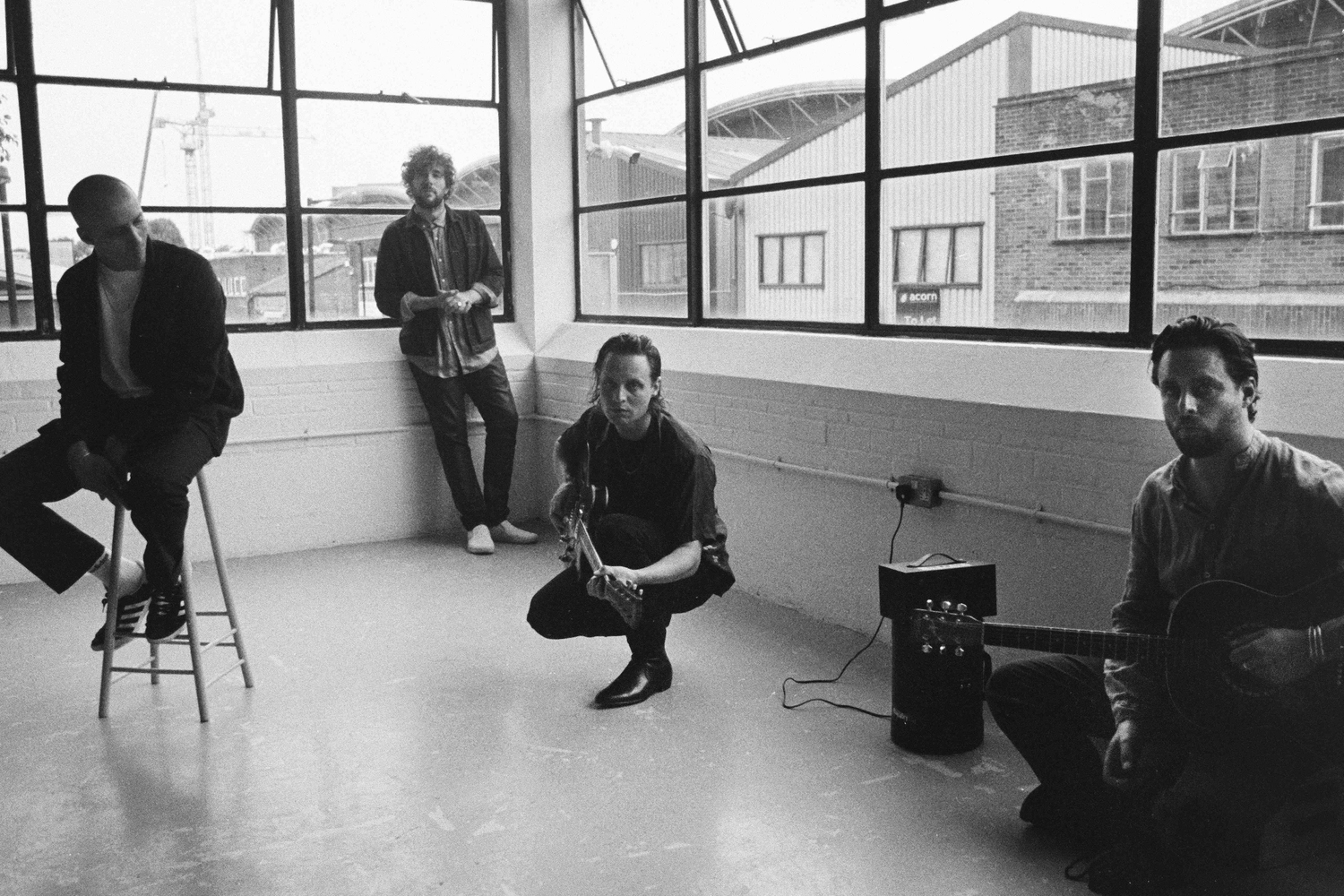
86TVs announce debut EP ‘You Don’t Have To Be Yourself Right Now’
The quartet's first collection will feature their previous singles 'Worn Out Buildings' and 'Higher Love'.
9th January 2024, 2:43pm
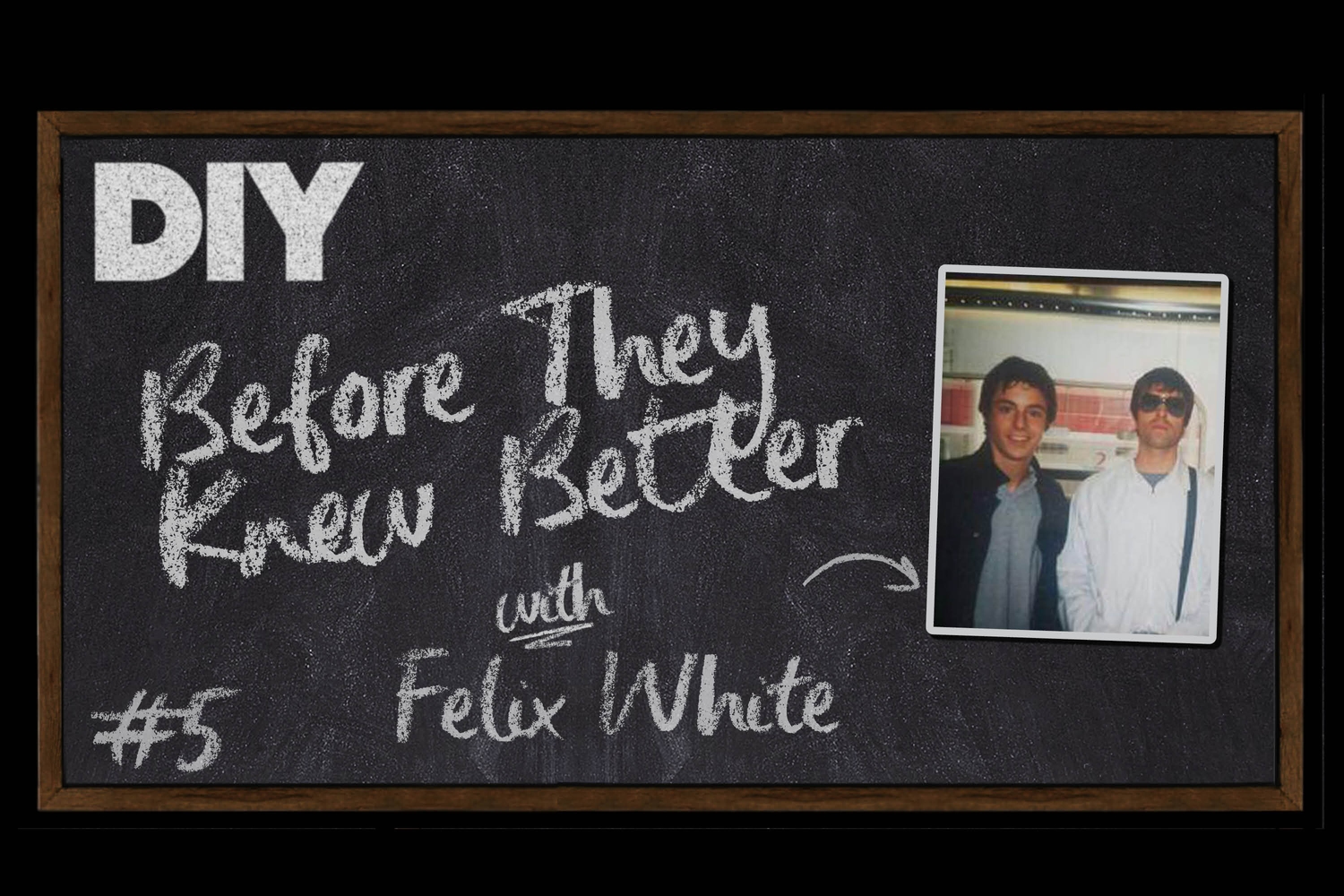
Felix White is the latest guest on Before They Knew Better
The Maccabee, 86TVs member and podcaster talks Liam Gallagher and growing up with Jessie Ware on DIY's new podcast episode.
7th November 2023, 10:00am
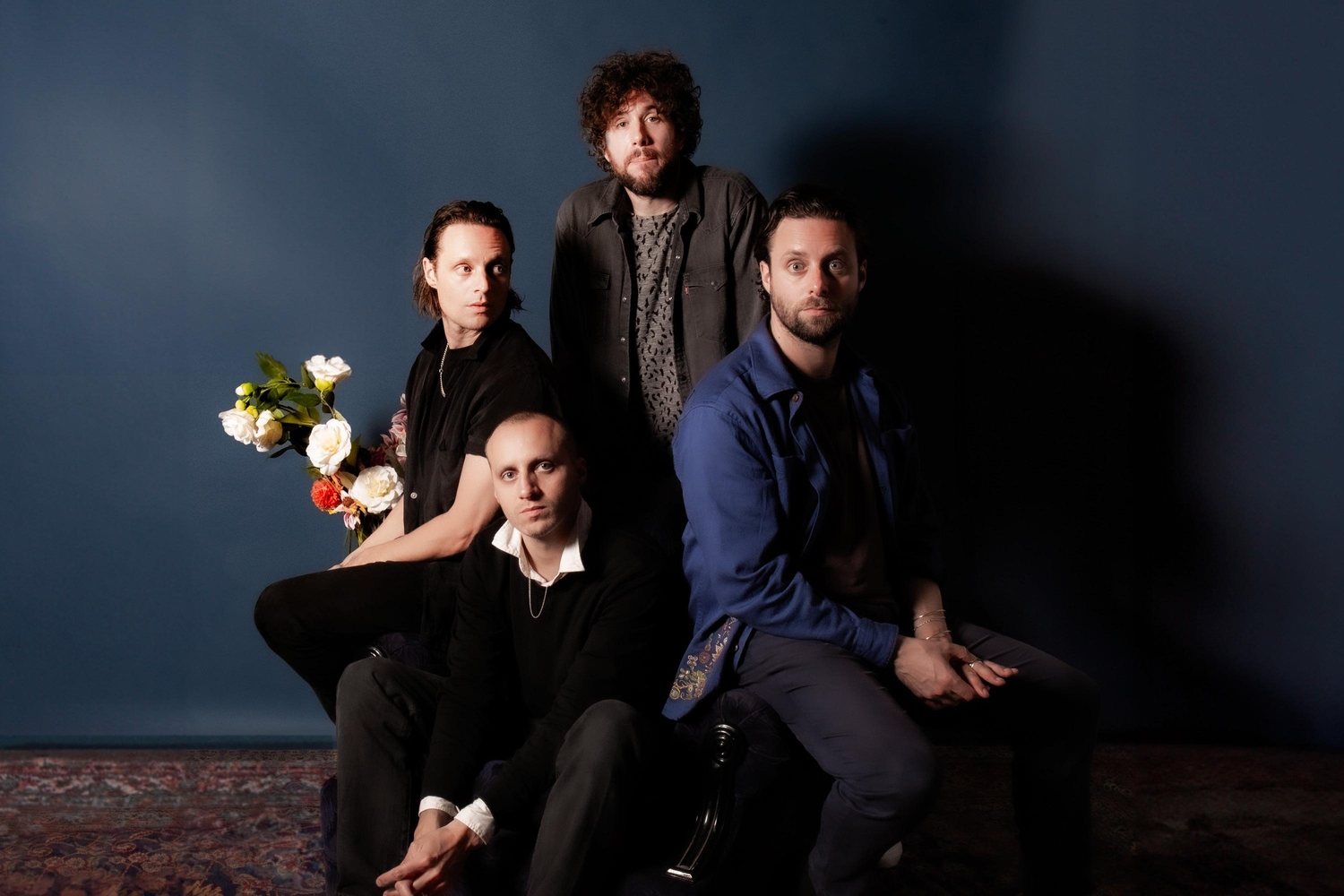
86TVs: Brothers In Arms
Four musicians. Three brothers. Two ex-Maccabees. One long in the making debut single. Put the maths together, and you get the birth of 86TVs.
18th August 2023, 3:00pm
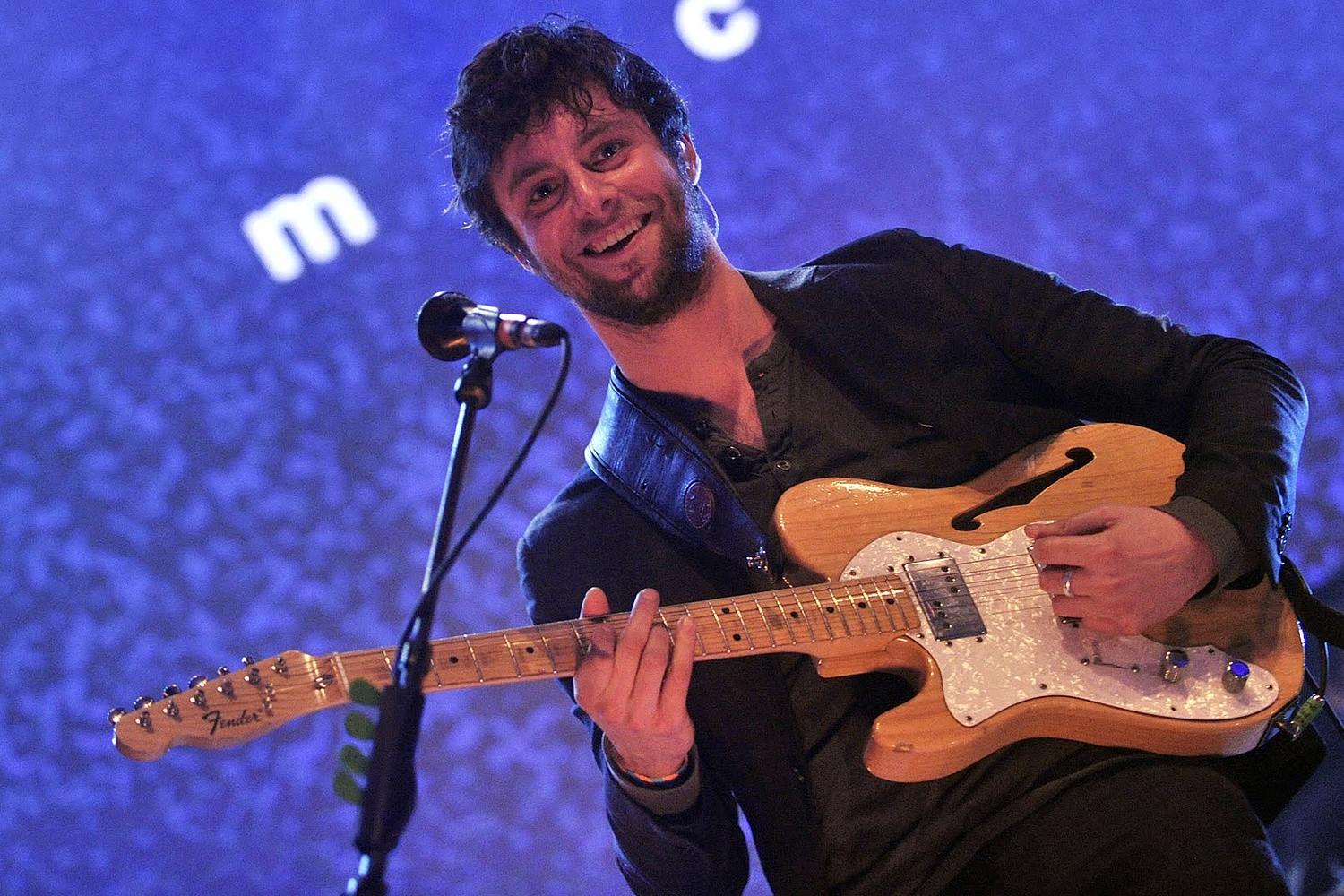
The Maccabees’ Felix White steps in for injured Yannis for Foals’ Mercury Prize performance
Yannis recently sliced his hand open, forcing Foals to cancel a gig.
19th September 2019, 12:00am
